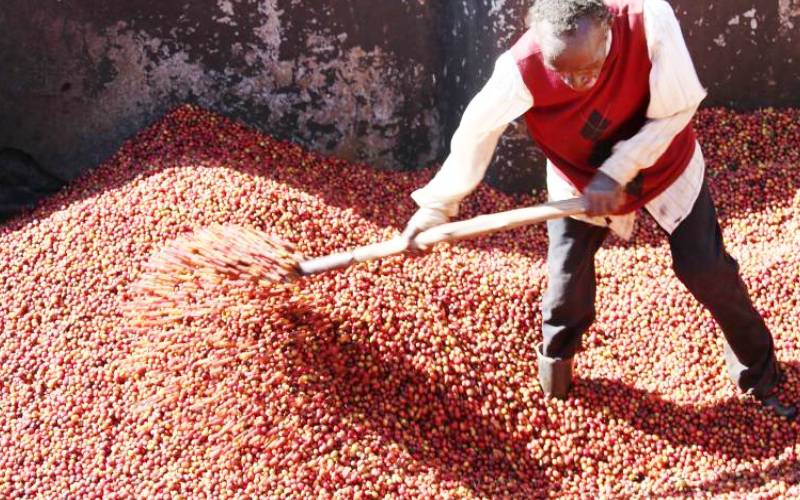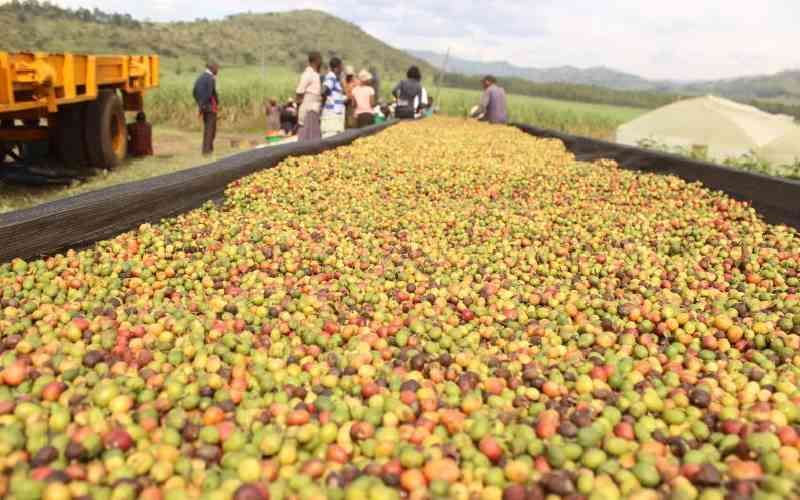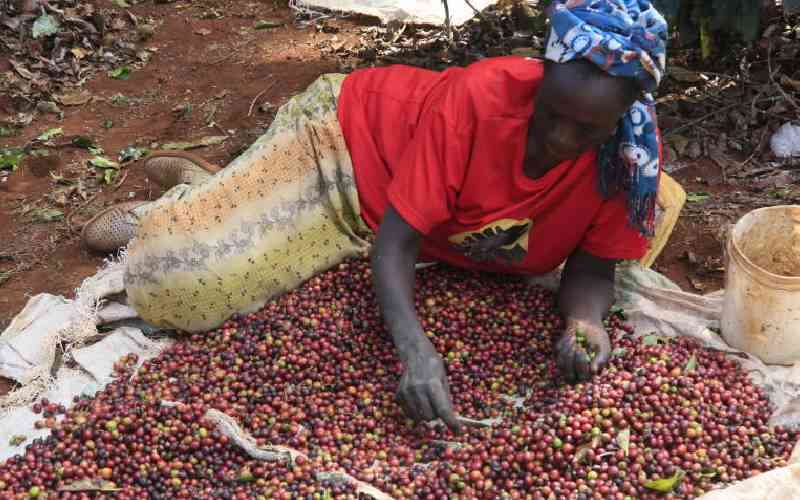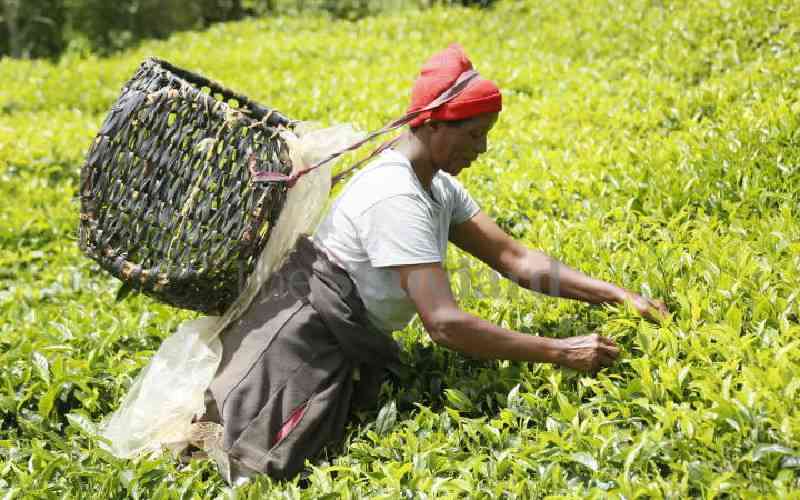
The tea growers’ low revenues should spur them to work closely with counties and the State to cushion themselves against fluctuating prices.
The problems facing tea farmers closely mirror those faced by coffee farmers that led to the near-collapse of the sub-sector. Their solutions are also related.
For starters, county and the State should walk the talk of adding value to the two commodities before they are exported to other countries where they are used to blend inferior produce.
Time is running out for the State to demonstrate its seriousness on this issue. Analysts opine that the pussyfooting has been caused by vested interests that have dominated the sub-sectors since the time local farmers were allowed to grow the crops just a few years before the country gained its independence in 1963.
It may be safe to assume that foreigners, who later sold off their tea and coffee plantations, devised an elaborate network that allows them to continue exerting control over the sales and marketing of the commodities at the auctions and globally.
This explains the difficulties faced by farmers whenever they attempt to sell their produce directly to local and global markets. This calls for concerted efforts to crush cartels and enable farmers to set up value addition factories and find markets for their branded produce.
American market
This could be easier because producers of inferior varieties have successfully walked the talk and can be easily emulated. Columbia coffee has, for example, dominated the American market for years. Ethiopia and Rwanda also market their branded coffee in the global markets.
Arguments that Kenya doesn’t have the cash to set up industries that process the produce cannot hold water because farmers can easily contribute the required amount provided they understand the purpose for which the proceeds would be used for.
This is demonstrated whenever farmers are asked to contribute cash to build a new tea or coffee processing factory. The State needs to come up with high-value crops to cushion farmers against market turbulence.
Morocco, for example, is stepping up its production of strawberries and emerging as a threat to growers in Spain and Europe.
It is no brainer that strawberries and other fruit crops such as apples that require plenty of sunshine do well in Kenya yet the country imports these fruits.
 The Standard Group Plc is a
multi-media organization with investments in media platforms spanning newspaper
print operations, television, radio broadcasting, digital and online services. The
Standard Group is recognized as a leading multi-media house in Kenya with a key
influence in matters of national and international interest.
The Standard Group Plc is a
multi-media organization with investments in media platforms spanning newspaper
print operations, television, radio broadcasting, digital and online services. The
Standard Group is recognized as a leading multi-media house in Kenya with a key
influence in matters of national and international interest.
 The Standard Group Plc is a
multi-media organization with investments in media platforms spanning newspaper
print operations, television, radio broadcasting, digital and online services. The
Standard Group is recognized as a leading multi-media house in Kenya with a key
influence in matters of national and international interest.
The Standard Group Plc is a
multi-media organization with investments in media platforms spanning newspaper
print operations, television, radio broadcasting, digital and online services. The
Standard Group is recognized as a leading multi-media house in Kenya with a key
influence in matters of national and international interest.








